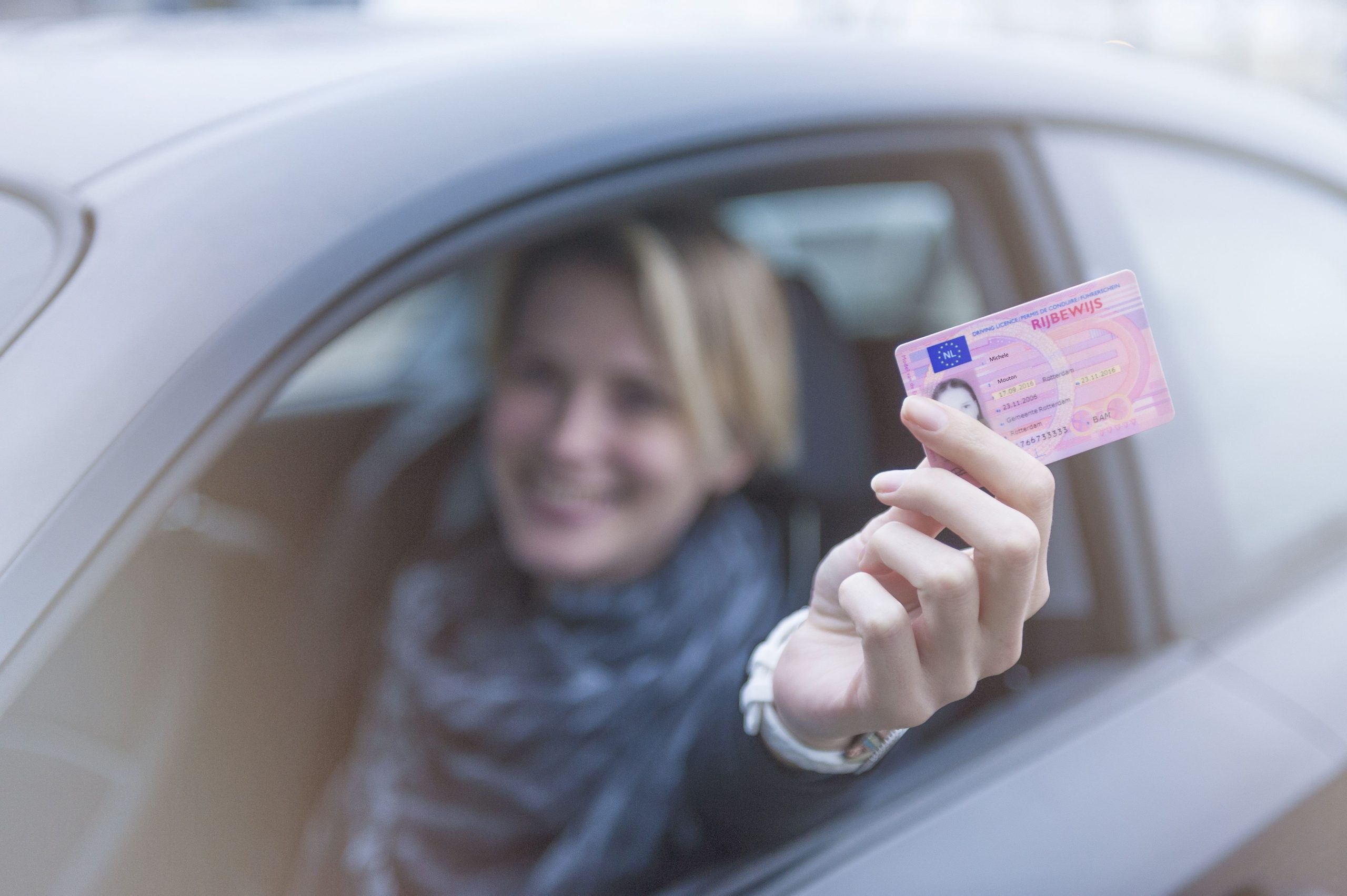The rules surrounding the validity of international driving licences in the Netherlands can be confusing. Some residents may use their foreign licences, some can exchange theirs for a Dutch licence, and others are required to take tests here.
Licences eligible for exchange
According to the Government Road Transportation Agency (RDW), five categories are eligible. Firstly, licences issued in the European Union (EU) or European Free Trade Association (EFTA). However, those issued before January 19, 2013 are valid for use here for up to 10 years after issue, or if issued after this date for up to 15 years. These licences can be exchanged for Dutch ones any time before expiration of these time periods. Secondly, licences issued by other countries with which the Netherlands has an exchange agreement; the RDW or municipality can provide a list. Thirdly, if you’re eligible for the 30% tax arrangement you and your family members can exchange. Fourthly, licences from the Dutch Antilles or Aruba can be exchanged. Lastly, if your licence is foreign but you have previously held a Dutch licence post June 30, 1985. Categories two to five must make the exchange within 185 days of becoming a resident.
Making the exchange
You can apply to make the switch at your local municipality, and they’ll forward the application to the RDW. You’ll need your current valid licence, ID and a photo. A fee of €38.95 is required. Licences containing characters not used in Dutch require a sworn translation; those in Greek or Japanese for example. Non-EU or EFTA licences need a certificate of medical fitness to accompany the application. EU or EFTA licences that entitle the holder to drive heavier categories of vehicle will need to sign a waiver to these, or obtain a certificate of fitness. “The processing time depends on the RDW,” said Gemeente Delft. Generally the appraisal process takes around two weeks. Importantly, you cannot officially drive whilst your licence is being converted.
Ineligible for exchange
All other licences may only be used for 185 days after becoming a Dutch resident. Thereafter, a Dutch licence is needed which can be obtained by passing a theory and practical driving test. Rijswijk is the nearest test centre. After passing both exams, the licence itself can be applied for at the local municipality for a €38.95 fee. “Normally applications take around six working days,” said Gemeente Delft.
Theory test
Some schools offer courses in English, and various books and online courses are available too. A DigiD account is necessary to book a theory exam. It costs €31.00 to sit it in Dutch, and €36.50 in English. An exam is possible in other languages for €87.45, provided the applicant arranges for an official interpreter. The test is taken on a touch screen computer, and contains 40 knowledge questions and 25 hazard-recognition questions, with the results shown immediately. “A ‘pass’ result for your theory test is valid for 18 months. Therefore do your theory test not too long before your practical exam,” advised the Central Office for Motor Vehicle Driver Testing (CBR).
Practical test
Only a driving school can book a practical test. It costs €98.25 and is only offered in Dutch. To do the exam in another language you need to arrange and pay for a translator yourself, although this can be your instructor. “The average success rate in 2013 was 48.6 % for first exams, and 49.1 % for retakes,” said the CBR, so it’s not an easy test. Even if you’re an experienced driver abroad, you’ll likely need some lessons to prepare you for the Dutch exam. The price of lessons varies and ranges from €50-60 per hour.
Tourists
“Are you not settling in the Netherlands, but are here as a tourist? In that case, you can drive on the Dutch roads using your foreign driving licence,” according to the RDW. This applies to those staying in the country for 185 days or less in a year, such as exchange students.
For more information?
www.rdw.nl
www.cbr.nl
www.delft.nl



Comments are closed.